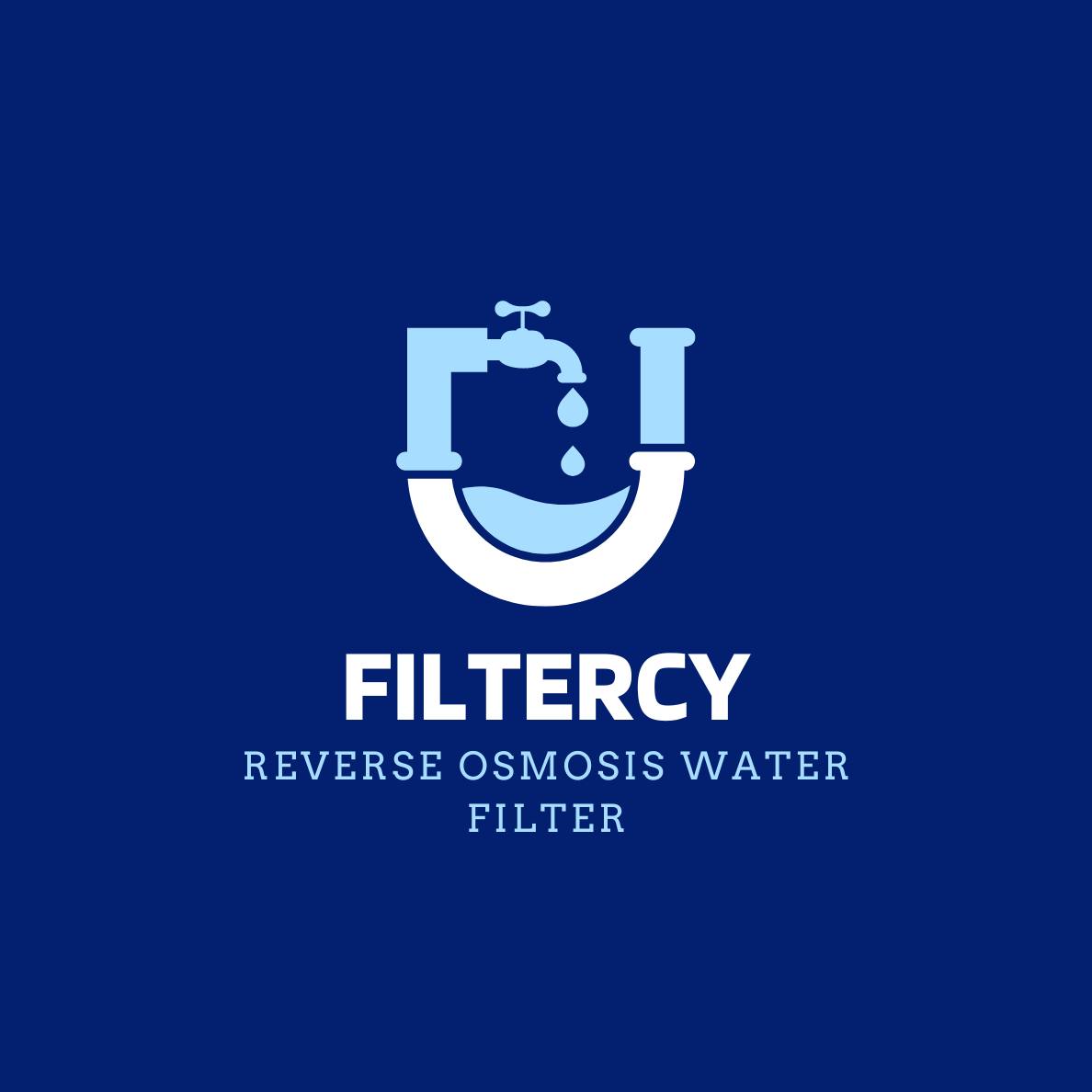
Thank you for your interest in our company!
Fill the form and we will contact you as soon as possible
You agree to our Data privacy

Water Softeners: Myths and Reality – Debunking Common Misconceptions
There are many myths surrounding water softeners, and these misconceptions often prevent people from deciding to install one. One common myth is the belief that water softeners completely strip water of all beneficial minerals, making it “dead” and unsuitable for drinking. In reality, water softeners only remove calcium and magnesium, the minerals that cause hardness, without affecting the water’s overall nutritional value. Softened water remains safe for drinking and use, and its improved taste and gentler effect on skin and hair are notable advantages.
Another myth is the notion that water softened by a salt-based system becomes too salty and may be harmful to health. In truth, the amount of sodium added to the water is minimal and safe for most people. Additionally, there are alternative types of softeners, such as salt-free systems and reverse osmosis, that provide soft water without adding sodium. For those concerned about sodium levels, an additional filter can be installed to completely remove any salt traces from the water.
Some believe that water softeners are too costly to maintain, given the need for regular salt replenishment and upkeep. In practice, the cost of salt for salt-based softeners is usually low and requires only periodic refilling. Furthermore, installing a water softener can save money in the long term on appliance repairs, as hard water negatively affects household devices, and cleaning supplies, as soft water requires less soap and detergent. Over time, a water softener can help reduce overall expenses.
There’s also a common myth that softened water is less effective at cleaning and doesn’t rinse soap or shampoo well. On the contrary, soft water helps create a better lather and dissolves cleaning products more effectively, leaving fewer residues and making rinsing easier. This helps avoid skin irritation, makes hair softer, and reduces the amount spent on soap, shampoo, and conditioner.
One actual drawback of water softeners is the need for regular maintenance, especially for salt-based models. Salt levels need to be monitored, and the system should be cleaned periodically to maintain its effectiveness. However, these tasks are simple and take minimal time, and many systems have indicators that signal when maintenance is needed.
In summary, many myths about water softeners are unfounded, and it’s important to understand their true benefits: appliance protection, improved water quality for skin and hair, and reduced spending on home and personal care products.
Another myth is the notion that water softened by a salt-based system becomes too salty and may be harmful to health. In truth, the amount of sodium added to the water is minimal and safe for most people. Additionally, there are alternative types of softeners, such as salt-free systems and reverse osmosis, that provide soft water without adding sodium. For those concerned about sodium levels, an additional filter can be installed to completely remove any salt traces from the water.
Some believe that water softeners are too costly to maintain, given the need for regular salt replenishment and upkeep. In practice, the cost of salt for salt-based softeners is usually low and requires only periodic refilling. Furthermore, installing a water softener can save money in the long term on appliance repairs, as hard water negatively affects household devices, and cleaning supplies, as soft water requires less soap and detergent. Over time, a water softener can help reduce overall expenses.
There’s also a common myth that softened water is less effective at cleaning and doesn’t rinse soap or shampoo well. On the contrary, soft water helps create a better lather and dissolves cleaning products more effectively, leaving fewer residues and making rinsing easier. This helps avoid skin irritation, makes hair softer, and reduces the amount spent on soap, shampoo, and conditioner.
One actual drawback of water softeners is the need for regular maintenance, especially for salt-based models. Salt levels need to be monitored, and the system should be cleaned periodically to maintain its effectiveness. However, these tasks are simple and take minimal time, and many systems have indicators that signal when maintenance is needed.
In summary, many myths about water softeners are unfounded, and it’s important to understand their true benefits: appliance protection, improved water quality for skin and hair, and reduced spending on home and personal care products.
| | Beauty starts with water Discover the many benefits of soft water and pamper yourself every day You agree to our Data privacy |

